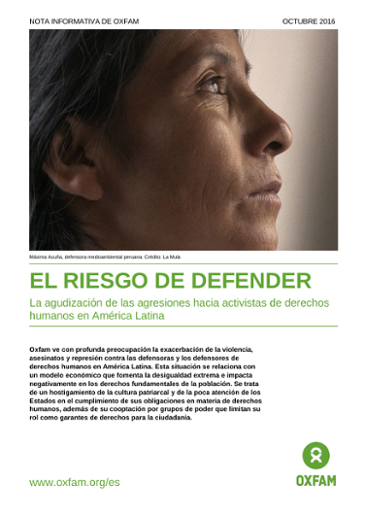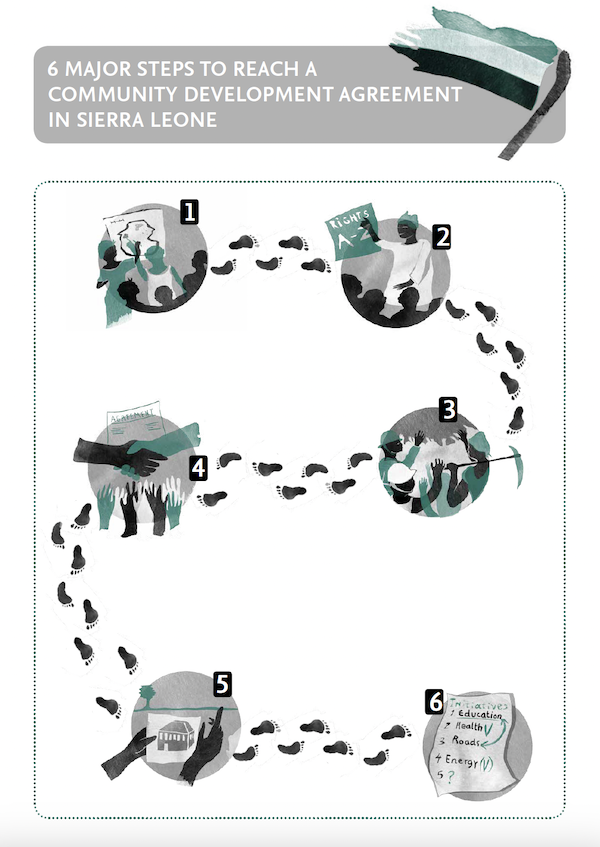Our Vision
Our vision is a just world without poverty. We want a world where people are valued and treated equally, enjoy their rights as full citizens, and can influence decisions affecting their lives.
Our Purpose
Our purpose is to help create lasting solutions to the injustice of poverty. We are part of a global movement for change, empowering people to create a future that is secure, just, and free from poverty.
Achieving our Purpose
We use a combination of rights-based sustainable development programs, public education, campaigns, advocacy, and humanitarian assistance in disasters and conflicts.
We challenge the structural causes of the injustice of poverty, and work with allies and partners locally and globally.
Resources
Displaying 51 - 55 of 128Desterrados: tierra, poder y desigualdad en América Latina
Para combatir la desigualdad en América Latina es necesario abordar la extrema concentración en el acceso y control de la tierra y en el reparto de los beneficios de su explotación.
The risks of defending human rights
Oxfam is deeply concerned about the worsening levels of violence, murder and repression against the men and women defending human rights in Latin America. This situation is linked to an economic model that fosters extreme inequality and has a negative impact on people’s basic rights.
It is the result of harassment entrenched in a patriarchal culture, and governments' failure to fulfil their human rights obligations –and the influence of powerful groups on governments that limits their role as guarantors of human rights for their citizens.
Custodians of the land, defenders of our future
Since 2009, Oxfam and others have been raising the alarm about a great global land rush. Millions of hectares of land have been acquired by investors to meet rising demand for food and biofuels, or for speculation. This often happens at the expense of those who need the land most and are best placed to protect it: farmers, pastoralists, forest-dependent people, fisherfolk, and indigenous peoples.
Cuando el poder extractivo captura el Estado: lobbies, puertas giratorias y paquetazo ambiental en Perú
Este trabajo estudia el fenómeno de captura política. Se intenta explicar qué factores determinan la captura política en un gobierno y qué mecanismos concretos se combinan en un determinado momento para permitir que las corporaciones, en particular las extractivas, tengan influencia desmedida sobre determinadas ramas del aparato burocrático, al punto de producir una ley que las beneficia y, al mismo tiempo, va en desmedro de las instituciones públicas y grupos sociales vulnerables.
6 Major Steps to Reach a Community Development Agreement in Sierra Leone
There is a growing recognition that Community Development Agreements (CDA) - if effectively implemented - can promote long-term development benefits for communities affected by mining operations as well as improve relations between extractive companies and communities. Section 139 (1) of Sierra Leone’s Mines and Minerals Act, 2009 provides that small scale or large scale mining licence holders are required to have and implement a CDA with primary host communities if their approved mining operations will or does exceed certain stipulated limits set out in the Act.







